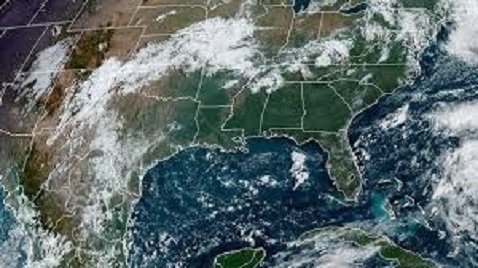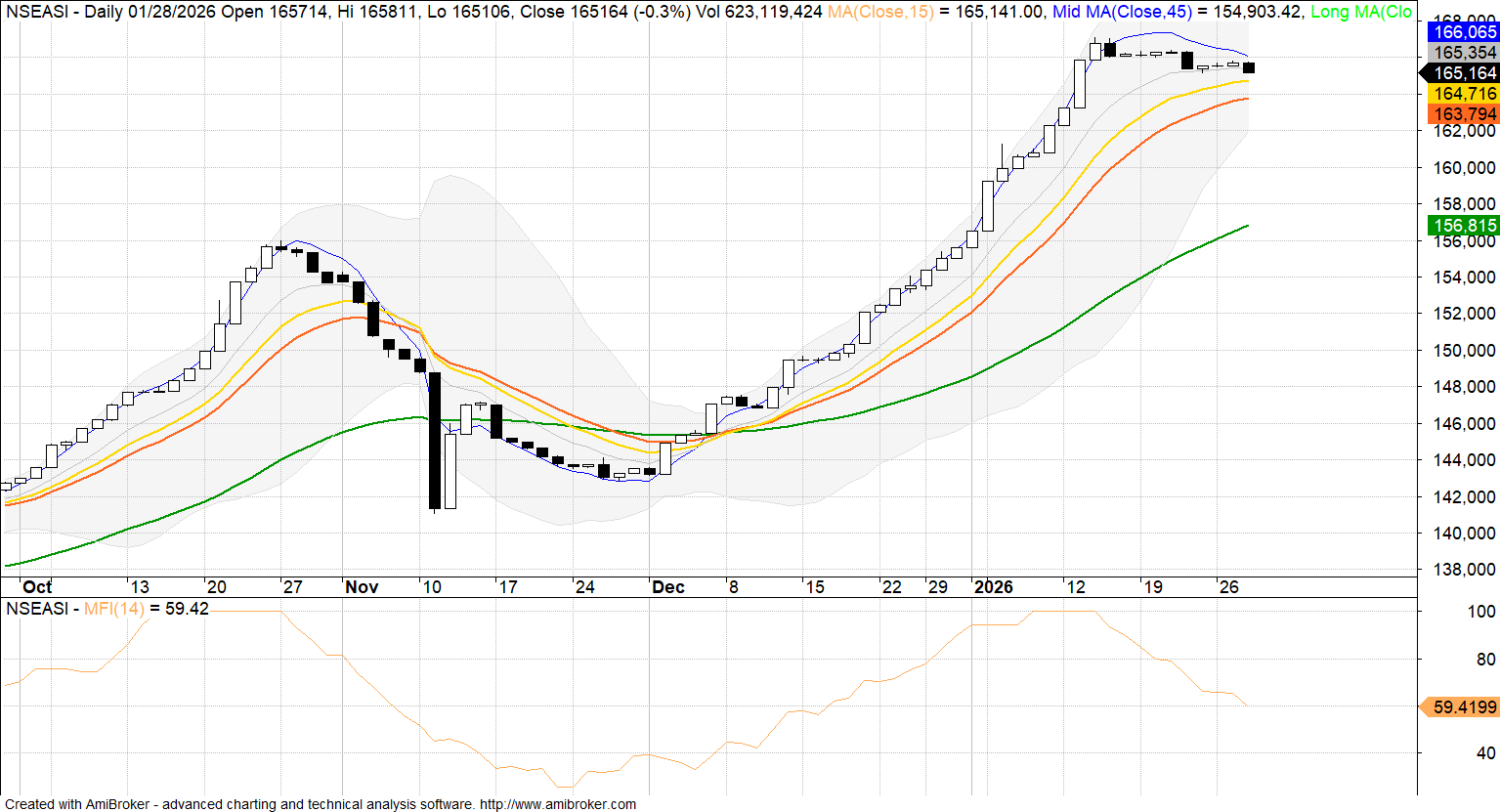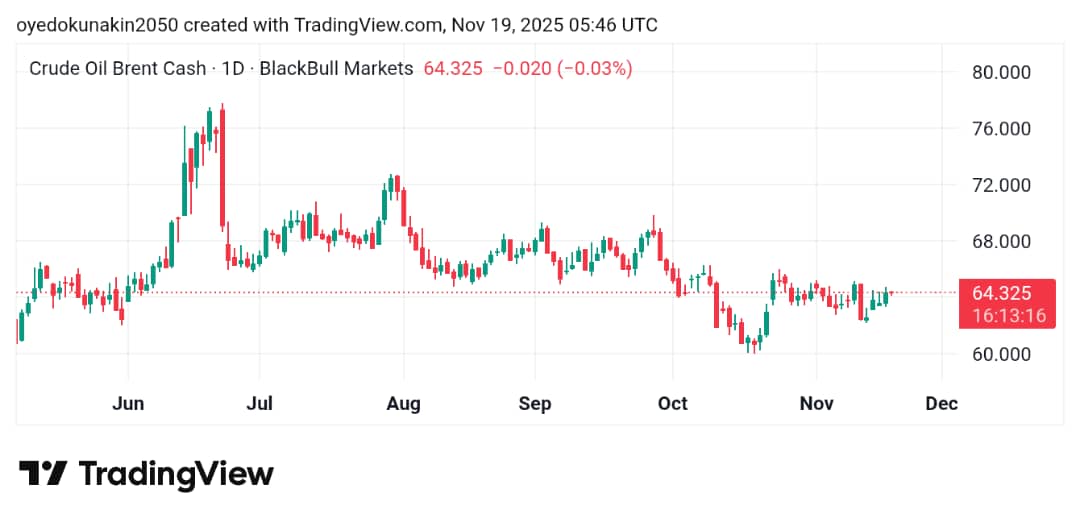
Akintunde Oyedokun
Research Analyst
Oil prices climbed Tuesday as Ukrainian drone attacks on Russian ports and refineries threatened supply and boosted market concerns. Brent crude gained 1% to $68.11 a barrel, while WTI rose 1.3% to $64.12. Analysts warned the strikes could limit Russia’s exports, tightening global supply. Goldman Sachs estimates 300,000 barrels per day of Russian refining capacity has been disrupted. Investors are also eyeing the upcoming U.S. Federal Reserve meeting, where a rate cut could further support oil demand.
Canada’s Inflation Rises to 1.9% In August, Strengthening Case For BoC Rate Cut
Canada’s inflation rose to 1.9% in August, slightly below forecasts, as slower declines in gasoline prices and mild food price increases drove the uptick. Monthly CPI unexpectedly fell 0.1%. Core inflation stayed stable, suggesting underlying price pressures remain but are gradually easing. The softer data boosted expectations of a Bank of Canada rate cut, with markets pricing in a 97% chance of a 25-basis-point reduction, and another cut likely in October.
UK Job Market Slows but Vacancies Edge Higher
Britain’s job market weakened in August with a seventh straight drop in payrolled employees and slower wage growth, easing some pressure on the Bank of England over inflation. Employers remain cautious due to recent tax hikes and uncertainty ahead of November’s budget, delaying recruitment decisions. However, job vacancies rose to 728,000, hinting at a possible pickup in hiring. Investors expect the BoE to keep rates unchanged for at least six months.
South Africa Extends Key Fuel Hub Leases to BP, Vitol, Others to Secure Supply
South Africa has granted BP, Vitol, and other oil traders extended access to the Island View Precinct, its main fuel hub, securing about 70% of the nation’s fuel imports. Transport Minister Barbara Creecy used special powers to bypass normal procedures and start long-term lease negotiations, ending years of uncertainty over short-term deals. Talks with operators have begun, with a deadline set for March 31 to finalize agreements.
Nigeria Halts 4% Import Levy to Ease Business Costs and Support Economic Stability
Nigeria’s finance ministry has suspended the recently introduced 4% FOB levy on imports after businesses warned it would raise costs, fuel inflation, and hurt trade. Finance Minister Wale Edun said the move follows consultations with stakeholders and aims to protect economic stability. The suspension allows for a review of the levy’s framework to create a fairer, more efficient revenue system












